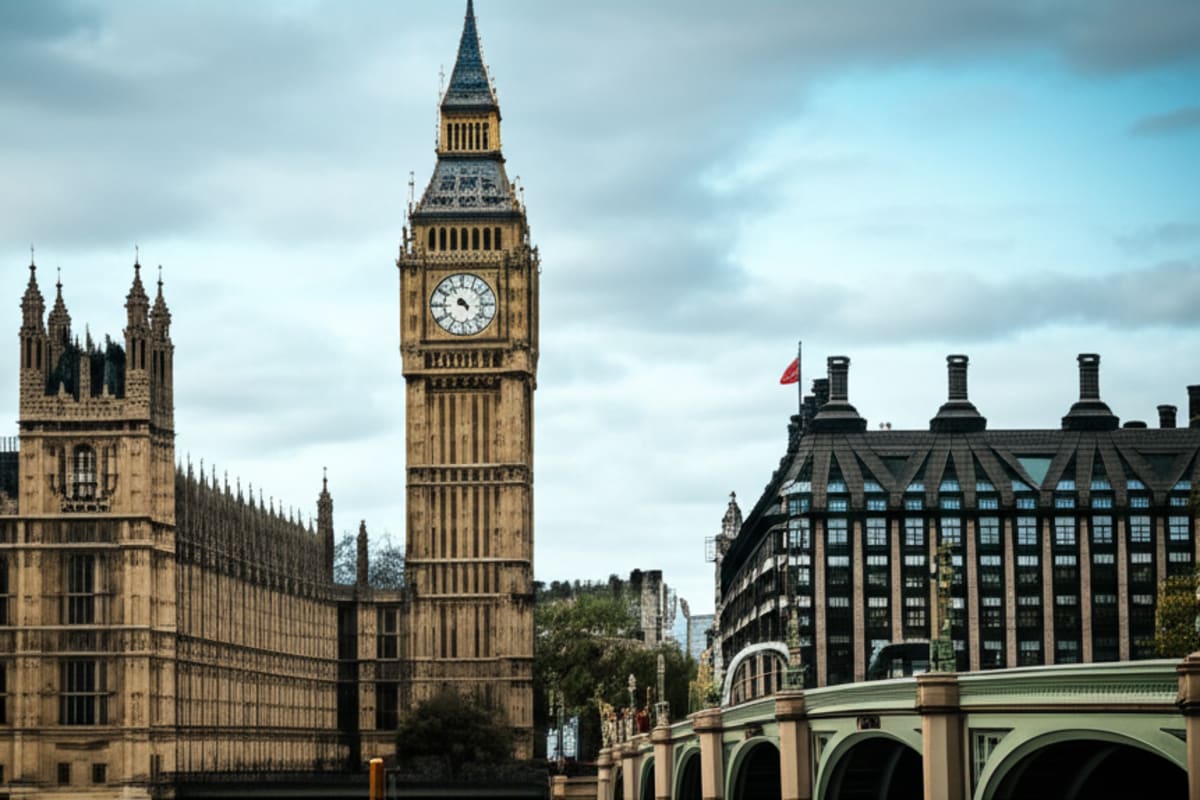UK Political Shakeup: Rayner's Resignation & Housing Reform

The UK political landscape is experiencing significant shifts, with multiple developments dominating the news cycle.
The resignation of Housing Secretary Angela Rayner, following a breach of the ministerial code concerning underpaid stamp duty on her property, has sent ripples through the government This event, coupled with ongoing discussions regarding human rights reform and the planned relocation of asylum seekers from hotels to military barracks, presents a complex picture of current UK politics Rayner's Resignation and its Impact Rayner's departure carries considerable weight Her tenure saw the implementation of significant reforms, including "the biggest overhaul of employment rights in a generation" and the commencement of planning reforms aimed at boosting housing construction While her resignation is attributed to a personal financial transgression, the loss of her experience and influence within the government will undoubtedly be felt across multiple sectors The quoted statement describing her as an "inspiration to many, particularly to working class women," highlights her political impact beyond policy initiatives and underscores the importance of representation within government Southeast Asian Perspectives For Southeast Asian readers, the UK's housing and employment policies, while geographically distant, offer valuable points of comparison Many Southeast Asian nations are grappling with similar challenges – rapid urbanization, housing shortages, and the need for effective employment legislation Rayner's reforms, although specific to the UK context, can provide insights into strategies for addressing these universal issues The successes and potential shortcomings of her policies can inform discussions and policy development in Southeast Asian countries facing comparable socio-economic pressures Asylum Seeker Relocation: Ethical and Logistical Implications The planned relocation of asylum seekers to military barracks is another key development with significant ethical and logistical implications This policy, announced by the new home secretary, requires careful consideration of its impact on the wellbeing and integration of asylum seekers.
While the government may highlight efficiency and cost-saving measures, potential criticisms about the suitability of military barracks for vulnerable individuals, and concerns about integration into wider communities, must be addressed transparently
Background
The comparison with other asylum seeker policies in other nations, including those in Southeast Asia, is warranted and would allow for a more comprehensive understanding of the humanitarian aspects of such policies Human Rights Reform: International Scrutiny The discussion surrounding human rights reform adds another layer of complexity Details on the nature and scope of these proposed reforms are currently limited, but any such reforms will have ramifications extending beyond domestic UK politics International observers and human rights organizations will scrutinize these changes, particularly their impact on marginalized groups and the alignment with international human rights standards For Southeast Asian nations, observing the UK's experience with human rights reform can provide valuable lessons in navigating the balance between national security concerns and upholding international human rights obligations Broader Economic and Social Context Finally, the context of these political shifts must be viewed within the broader backdrop of the UK's economic and social landscape The government faces ongoing challenges related to inflation, the cost of living, and healthcare
These internal pressures inevitably shape political decisions and prioritize certain policy areas over others Understanding these interconnected challenges is crucial to fully interpreting the implications of the recent events in UK politics
Conclusion: Global Implications In conclusion, the UK's current political climate is dynamic and multifaceted Rayner's resignation, asylum policy adjustments, and planned human rights reforms all highlight the government's challenges and priorities
For Southeast Asia, observing these developments offers valuable lessons in policymaking, particularly in the areas of employment rights, housing, and refugee resettlement, while reminding us of the global interconnectedness of socio-political challenges
